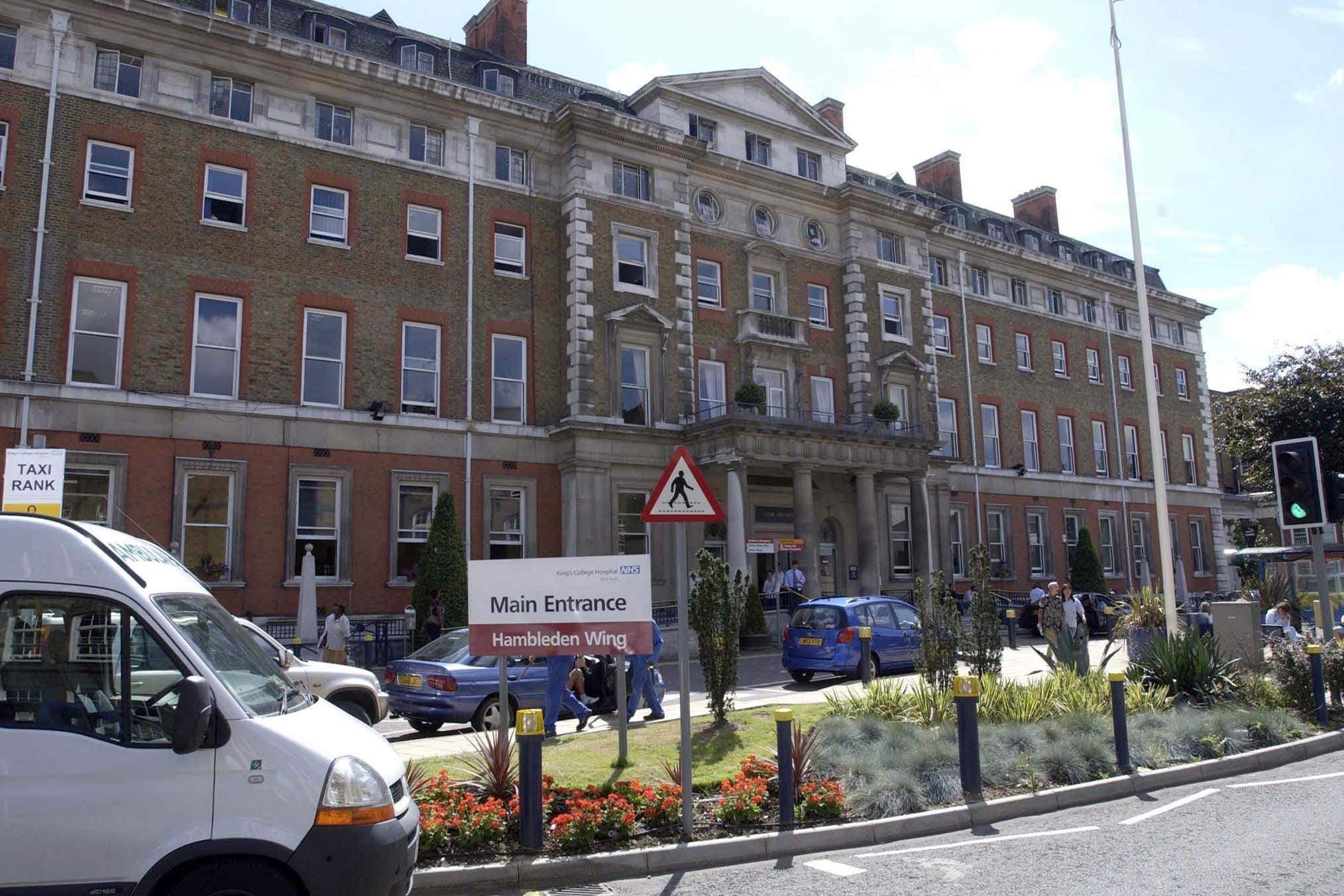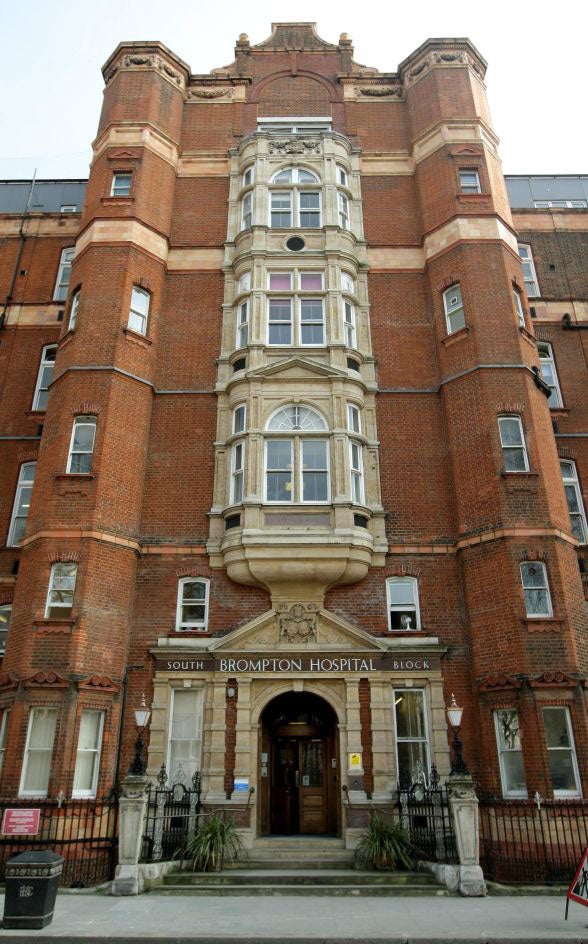More than 200 ‘life-saving’ operations cancelled by NHS hospitals after cyberattack
Exclusive: Hundreds of patients urgently referred for suspected cancer had appointments cancelled

Your support helps us to tell the story
From reproductive rights to climate change to Big Tech, The Independent is on the ground when the story is developing. Whether it's investigating the financials of Elon Musk's pro-Trump PAC or producing our latest documentary, 'The A Word', which shines a light on the American women fighting for reproductive rights, we know how important it is to parse out the facts from the messaging.
At such a critical moment in US history, we need reporters on the ground. Your donation allows us to keep sending journalists to speak to both sides of the story.
The Independent is trusted by Americans across the entire political spectrum. And unlike many other quality news outlets, we choose not to lock Americans out of our reporting and analysis with paywalls. We believe quality journalism should be available to everyone, paid for by those who can afford it.
Your support makes all the difference.Patients with cancer and those needing emergency operations were among those who had their treatment cancelled this week due to a major cyberattack on NHS hospitals in London, The Independent can reveal.
More than 200 emergency and life-saving operations, including those which should be done within 24 hours, had to be cancelled by Guy’s and St Thomas’ Foundation Trust (GSTT) and King’s College University Hospital NHS Foundation Trust.
Information obtained by this publication reveals the scale of disruption to NHS services in south London after Synnovis, a supplier of pathology services to the hospitals, was hit by a ransomware attack from cybercrime hackers.
On Monday NHS leaders published a plea for patients with type-O blood to come forward for donation after The Independent revealed on Saturday concern over how the London hospitals would be impacted by a national shortage of this type of blood.
If you have been impacted by this story email rebecca.thomas@independent.co.uk
It is not yet clear how long the disruption will last, however hospitals are concerned they will struggle if it continues for more than a few days. According to a source, Synnovis carries out tens of thousands of tests a day but is unable to do so as it cannot access systems.
GSTT and King’s College declared critical incidents this week as has mental health and community care provider South London and Maudsley NHS trust, which was also affected.
The impact may also extend beyond London as Synnovis supplies, some services to other hospitals.
The Independent can reveal:
- More than a third of procedures and operations have been cancelled, which includes over 3,000 non-surgical appointments and hundreds of patients who have been referred for urgent cancer diagnosis.
- Mothers waiting to have c-sections have also had their procedures cancelled and hospitals are investigating potential harm.
- Transplant operations have been cancelled and hospitals have had to reduce the number of people they’re able to book in.
Blood transfusions were among the main issues following the attack and healthcare leaders are concerned as cross-checking blood will be required for emergency operations. However, as reported earlier this year there is a national shortage in the supply of O-positive and O-negative blood across the country.

Synnovis supplies the IT platform for pathology services to hospitals that include; Guy’s Hospital, St Thomas’ Hospital, King’s College Hospital, transplant centre the Royal Brompton, Harefield Hospital, and children’s hospital the Evelina.
It also is the main pathology platform provider for GP services across six London boroughs – Bromley, Southwark, Lambeth, Bexley, Greenwich and Lewisham.
The ransomware attack, which occurred on Monday, is suspected to have been carried out by Russian cybercrime group Qilin. Synnovis has received a ransomware note however The Independent understands it is not clear whether the hackers have extracted patient data.
Sources told The Independent the impact on NHS services could last for months, although the most urgent and priority services could be restored in weeks.
The National Cyber Security Centre (NCSC) is involved in managing the situation alongside the NHS and the Department of Health and Social Care.
An NHS London spokesperson said: “NHS staff are working around the clock to minimise the significant disruption to patient care following the ransomware cyberattack and we are sorry to all those who have been impacted. Pathology services are integral to a wide range of treatments and we know that a number of operations and appointments have been cancelled due to this attack.
“We are still working with hospitals and local GP services to fully assess the disruption, and ensure the data is accurate. In the meantime, our advice to patients remains if you have not been contacted please do continue to attend your appointments.”
A Synnovis spokesperson said: “Synnovis continues to work closely with NHSE and the NCSC to prioritise and restore our services as quickly and safely as possible.
“We are in the process of implementing a number of operational workarounds to minimise the impact on partner services. Our teams are working continuously and we will provide further updates as we are able.”
This article was updated at 9.55am on 10 June to correct the name of Royal Brompton Hospital, which previously referenced Royal Papworth.
Join our commenting forum
Join thought-provoking conversations, follow other Independent readers and see their replies
Comments